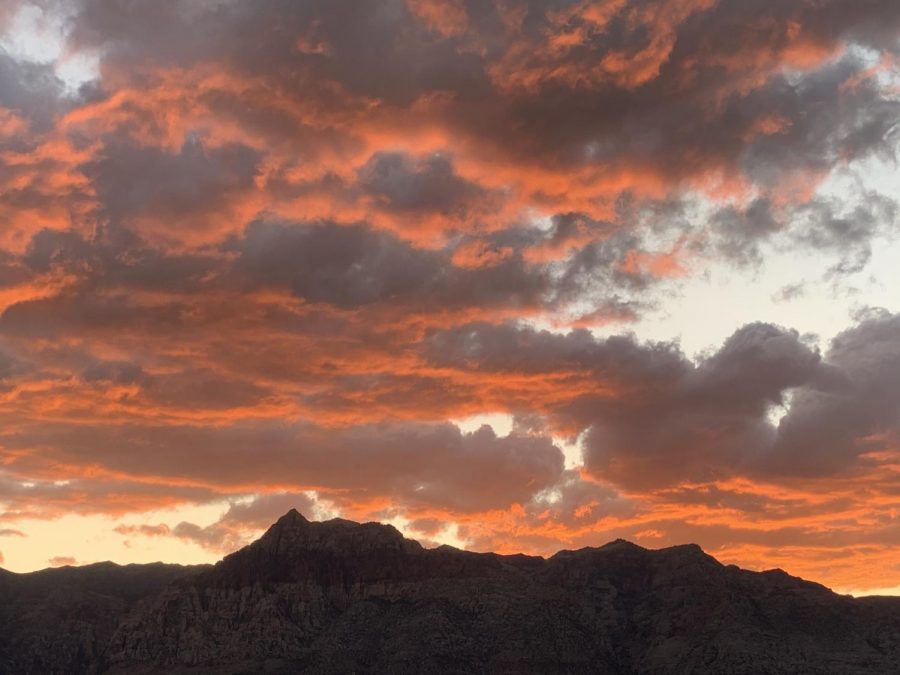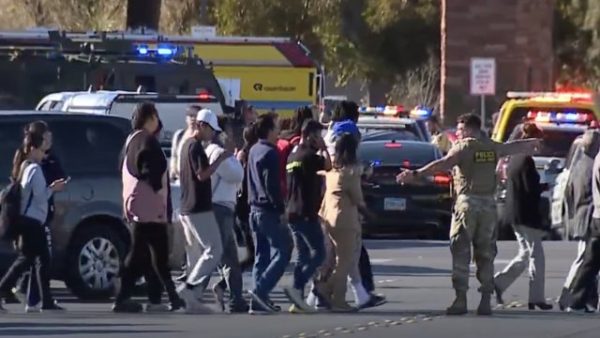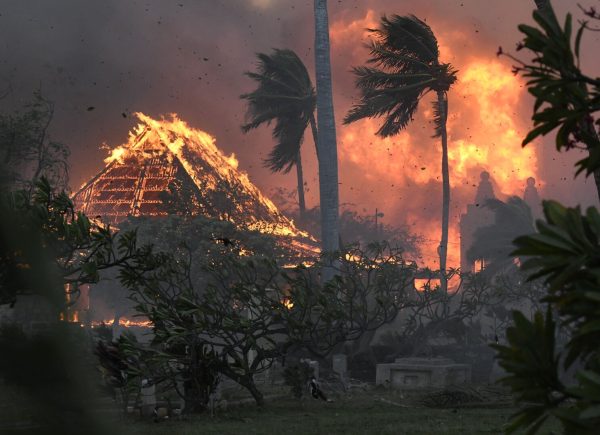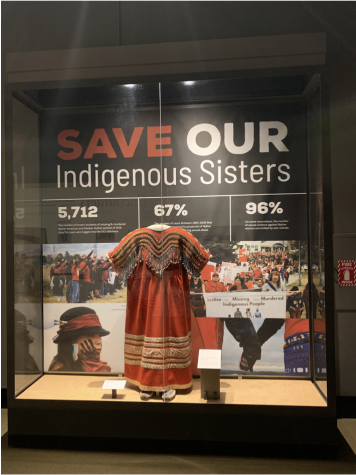COVID-19 Means Good Things for Planet Earth
Happy Earth Day! COVID-19 is the biggest crisis and worst pandemic in recent history and has affected people all around the world, but the crisis that has been so detrimental to people is doing some amazing things for the environment.
According to The Atlantic, COVID-19 is reducing seismic activity, reducing air pollution, changing the way big United States cities are looking and sounding, and quieting oceans with less waste.
“[COVID-19] is showing what can happen when the amount of pollutants and human activities in general are limited. The environments and animals have benefited greatly from this lack of anthropogenic influence. The sad part is that this is not a realistic test of how things could be for our planet. We still need to have commerce, travel and development taking place for humans to continue to positively impact other humans. However this does show how things may be much better off for our planet if those movements and commerce were to rely on green energy that limits the emission of pollutants,” said Mr. Rolfsmeier, FLHS AP Environmental Science and Biology teacher.
COVID-19 has slowed the city of New York to almost a complete halt by forcing non-essential businesses to close their doors and slowing down the hustle and bustle that New York is known for. These closures and changes are not good for the United States economy, but are proving to be good for reducing air pollution and increasing visibility throughout cities. New York City and other big cities around the US are in a constant fog of air pollution, but because the Coronavirus has slowed down transportation, factories, and power plants, the air is cleaner in cities all around the United States. This can even be seen in Las Vegas as the strip is becoming more and more visible from all around the valley with the lack of fog covering.
“COVID-19 is affecting the earth in a positive way because people are staying inside and letting the earth heal itself,” said Keira Bala, FLHS freshman.
Along with the reduction of physical air pollution, the Coronavirus has decreased noise pollution in a variety of cities around the world. The world has become so noisy with everyone in some sort of rush to get somewhere, and the spread of this virus has slowed everyone down with the closure of nonessential businesses, mandates for social distancing, and a decrease in the use of cars, buses, and other sources of public and individual transportation. This reduction of noise pollution in big cities has impacted all corners of the world including oceans. With less cruise ships, overseas shipping, and maritime traffic, oceans have become quieter and more calm for animals that call the ocean ecosystem home. This decrease in unnecessary activity has allowed the natural world to go back to the way it belongs. The canals in Venice are clear for the first time in a recent history and animals are roaming their natural habitats in what has turned into tourist attractions like Yosemite National Park.
“I think COVID 19 has had a great effect on the people that are not allowed to do much other than go outside! This has shown people the importance of parks, greenways for walking and every patch of nature that can be hiked or driven to as an experience of something other than technology. This could lead to a positive push of people thinking in ways to protect and enhance the natural areas around them,” said Rolfsmeier.
From protecting natural resources and national parks to slowing down air and noise pollution as well as simply slowing the world down to take a step back and let the environment breathe, this worldwide pandemic has brought good things to Planet Earth and the plants, animals, ecosystems, and people living on it. However, it shouldn’t take a global pandemic to make positive steps towards healing the earth and allowing people to recognize all the damage humans are causing.
“[COVID-19] opened the eyes of people who didn’t believe or see there was a problem. It is very clear now that there is a huge problem and it is hard to ignore, but it took a global pandemic to see it,” said Hannah Propst, FLHS junior.
There is only one earth, one place for people to call home, and it is being damaged and hurt by human activities around the world. Coming together and treating every day like Earth Day, making small changes like recycling, reducing the use of plastics, and being conscientious about what we waste can make a big difference.
“The importance of Earth Day is really appreciating the earth and all the resources it’s been giving us on a daily basis. It gives us a chance to look at all the impacts we made on the earth and how we can improve it,” said Jenna Dicicco, FLHS senior.

Ava Ballagh is a senior at Faith and is in her fifth year of broadcast journalism. She is Co-Editor-in-Chief and enjoys writing, anchoring, and reporting....













